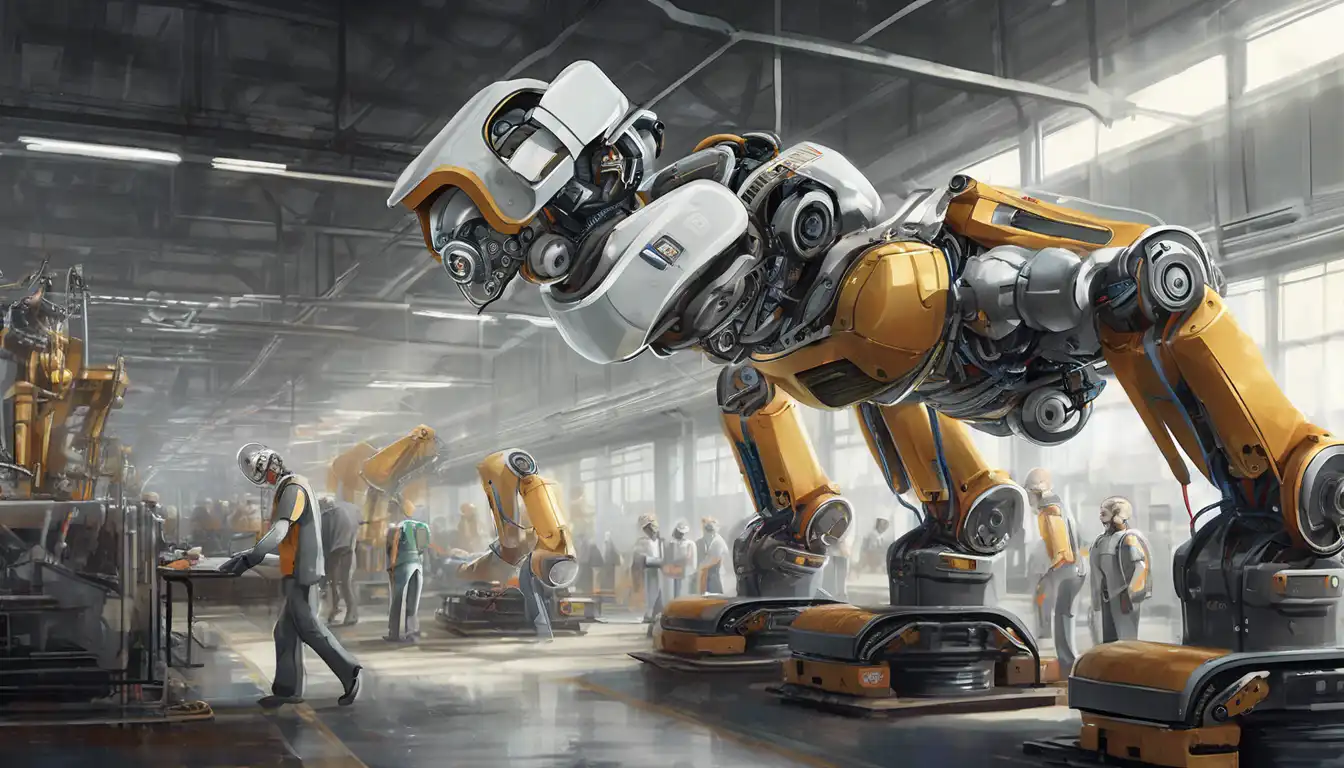The Revolutionary Impact of Robotics on Modern Manufacturing
In the heart of the industrial revolution, the introduction of robotics into manufacturing processes has marked a pivotal shift towards efficiency, precision, and scalability. This transformation is not just about replacing human labor but enhancing capabilities, reducing errors, and opening new avenues for innovation.
Enhancing Production Efficiency
Robotics technology has significantly increased production rates by operating 24/7 without fatigue, unlike human workers. This relentless efficiency ensures that manufacturing deadlines are met with unprecedented speed, making it possible to fulfill large orders in shorter timeframes.
Improving Product Quality
With robotics, the margin for error in manufacturing processes has drastically reduced. Robots are programmed to perform tasks with exact precision, ensuring that each product meets strict quality standards. This consistency is crucial in industries where precision is non-negotiable, such as aerospace and medical devices.
Reducing Operational Costs
Although the initial investment in robotics can be substantial, the long-term savings are undeniable. Robots reduce the need for manual labor, minimize waste through precision, and lower the risk of costly errors. Over time, these savings contribute significantly to the bottom line of manufacturing businesses.
Facilitating Customization and Flexibility
Modern robotics systems are designed to be adaptable, allowing manufacturers to easily reprogram them for different tasks. This flexibility is essential in today’s market, where consumer demand for customized products is on the rise. Robotics makes it feasible to switch between product lines with minimal downtime.
Ensuring Worker Safety
By taking over dangerous tasks, such as handling hazardous materials or operating heavy machinery, robots have made manufacturing environments safer for human workers. This not only reduces the incidence of workplace injuries but also enhances overall productivity by creating a safer work environment.
Driving Innovation in Manufacturing
The integration of robotics into manufacturing is pushing the boundaries of what’s possible. From 3D printing to AI-driven quality control, robotics is at the forefront of manufacturing innovation, enabling companies to explore new materials, designs, and processes.
As we look to the future, the role of robotics in manufacturing is set to grow even further. With advancements in AI and machine learning, robots will become more intelligent, autonomous, and integral to manufacturing processes. The transformation brought about by robotics is not just changing how we manufacture products but also redefining the possibilities within the industry.
For more insights into how technology is shaping the future of industries, explore our technology trends section.
